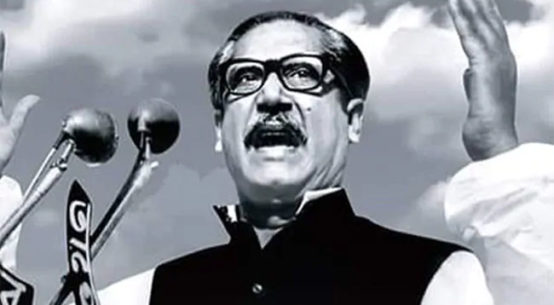Dhaka is the largest and fastest-growing urban centre in Bangladesh with a population density of 44,500 square kilometres. One-tenth of the country’s population and a third of its urban population live in this city. According to the Dhaka Structural Plan 2016-2035, its population will reach 22.79 million by 2035. Ensuring equitable and affordable access to safe water to this increasingly large population is a monumental challenge. For the city residents too, safe and pure drinking water always remains a matter of deep concern. Of the total 2.25 million litres of daily water demand, a substantial percentage is supplied after treating surface water of the rivers of Dhaka.
But water of these rivers is polluted to such an extent that no surface water treatment plant (SWTP) of Water Supply and Sewerage Authority (Wasa) of Dhaka has the capacity to neutralize it. This has put the city residents in critical health risks.
The riverside tanneries’ and industries’ random discharge of untreated heavy metals like chromium, lead, cadmium, mercury and so on — whose presence in the water may cause serious kidney, liver, stomach and lung diseases — to the Dhaka rivers has become the main reason for water pollution. Wasa has confirmed that the water authority does not test any parameters of heavy metals present in the river-water as appropriate provisions to do so were not made since the instalment of those SWTPs in the early 90’s. Surface water treatment is, all the same, a technically complex process and simultaneously expensive too.
And domestic waste water and untreated effluents of industries are severely polluting the water as well as creating a big challenge for treating it. If no pollution control measures in Dhaka watershed are undertaken at source levels as soon as possible, the water quality situation would further deteriorate to a certain point when no technology would be able to treat water any further. The government has no other way but to be truly committed to saving these rivers from severe pollutions. In this regard, the government attempts need to be revitalised. It has been no less than ten years since ministries concerned urged the representatives of business communities to install effluent treatment plants (ETPs) in their respective industries and even threatened to disconnect the supply of gas, electricity and water to their factories in case of their failure to do so. But no action has been taken against the flouters of government rules and most of the factories are operating without ETPs. Not only that, the industries which have ETPs do not run theirs with a view to minimizing production costs of their goods. This callous attitude towards the government rules must be stopped once and for all. The government needs to tighten its fist in order to save the rivers and ensure safe water for Dhaka residents.

